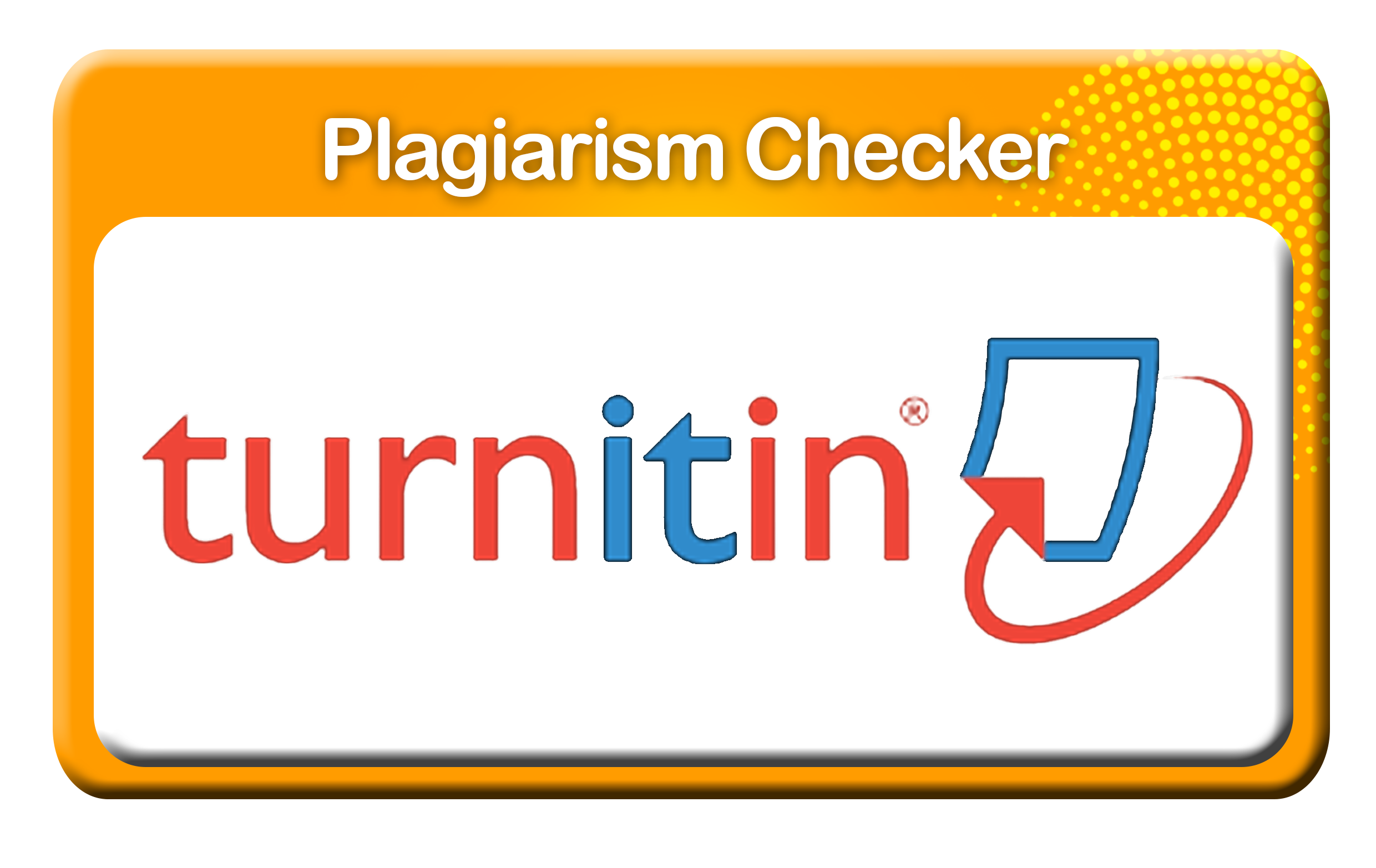PENERAPAN STRATEGI MOTIVASIONAL ARIAS DALAM PEMBELAJARAN MENULIS PUISI EPIK MENGGUNAKAN MEDIA FILM
DOI:
https://doi.org/10.24853/holistika.1.1.%25pAbstract
Writing a language skill that requires practice to be controlled properly. writing skills closely related to other skills, such as listening, speaking, and reading. Therefore, learning to write should get more attention that writing skills are considered to be complex and complicated can be mastered easily. On learning Indonesian language and literature, especially in the sixth grade of elementary school, the students began to be introduced to write poetry. There are some things that become obstacles students in writing poetry as a matter of choosing words (diction), the selection of ideas (imagination), and figurative language (figure of speech). These constraints raise the motivation of authors to conduct research by providing learning to write poetry that is attractive and easy to students. In ensuring this research, in addition to the use of the medium of film to stimulate students in writing an epic poem, the author also implements strategies to make students motivated in learning writing that will be implemented. The strategy used the motivational strategies ARIAS (Assurance, Relevance, Interest, Assessment, Satisfaction).References
Alwasilah, A. Chaedar. 2005. Pokoknya Menulis. Bandung: PT. Kiblat Buku Utama.
Arikunto, Suharsimi. 2006. Prosedur Penelitian Suatu Pendekatan Praktik. Jakarta: Rineka Cipta.
Badrun, Ahmad. 1989. Teori Puisi. Jakarta: Depdikbud.
Bohlin, Roy M. 1987. Motivation in Instructional Design: Comparison of an American and a Soviet model, Journal of Instructional Development vol. 10 (2), 11-14.
Callahan, Sterling G. 1966. Successful Teaching in Secondary Schools. Chicago: Scott, Foreman and Company.
Daryanto. 2010. Media Pembelajaran. Yogyakarta: Gava Media.
DeCecco, John P. 1968. The Psychology of Learning and Instructions: Educational Psychology. New Jersey: Prentice Hall, Inc.
Fitri, Agus. 2009. Pendidikan Karakter Berbasis Nilai dan Etika di Sekolah. Yogyakarta: Ar-Ruzz Media.
Gagne, Robert M. dan Driscoll, Marcy P. 1988. Essentials of Learning for Instruction. Englewood Cliffs, NJ: Prentice-Hall, Inc.
Hamalik, Oemar. 1994. Media Pendidikan.Bandung: PT. Citra Aditia.
Hasanuddin. 2004. Ensiklopedi Sastra Indonesia. Bandung: Titian Ilmu.
Hernowo. 2003. Quantum Writing. Bandung: MLC.
Keller, John M. dan Thomas W. Kopp. 1987. An Application of the ARCS Model of Motivational Design, Instructional Theories in Action, 289-319. Hillsdale, NJ: Lawrence Erlbaum Associates, Publishers.
Keller, John M. 1987. Development and Use of ARCS Model of Instructional Design, Journal of Instructional Development, Vol. 10 (3), 2-9.
Lefrancois, Guy R. 1982. Psychology for Teaching. Belmont, CA: Wadsworth Publishing Company.
Lickona, Thomas. 2004. Character Matters. Jakarta: Bumi Aksara.
Lickona, Thomas. 2012. Education for Character. Jakarta: Bumi Aksara.
Luxemburg, Jan Van. 1991. Tentang Sastra. Jakarta: Intermasa.
Mahayana, Maman. 2008. Tentang Puisi Epik. [Online]. Tesedia: http:// mahayana-mahadewa.com/ 2008/ 10/22/ tentang- puisi-epik/. Html [23 April 2013].
Maulana, Soni. 2012. Apresiasi dan Proses kreatif Menulis Puisi. Bandung: Nuansa
Morris, William (ed) 1981. The American Heritage Dictionary of English Language. Boston: Houghton Miflin Company.
Nurgiantoro, Burhan. 2010. Penilaian Pembelajaran Bahasa Berbasis Kompetensi. Yogyakarta: BPFE.
Nurgiantoro, Burhan. 1995. Penilaian dalam Penilaian Bahasa. Yogyakarta: BPFE.
Pradopo, Rachmat Djoko. 1987. Pengkajian Puisi. Yogyakarta: Gadjah Mada University Press.
Prayitno, Elida 1989. Motivasi dalam Belajar. Jakarta: PPPLPTK.
Riduwan. 2008. Dasar-dasar Statistik. Bandung: Alfabeta.
Sanaky, Hujair AH. 2011.Media Pembelajaran. Yogyakarta: Kaukaba.
Subana. 2005. Statistik Pendidikan. Bandung: Pustaka Setia.
Sudjiman, Nana. 2009. Penilaian Hasil Proses Belajar Mengajar. Bandung: Rosdakarya.
Sudjana, Nana dkk. 2005. Media Pengajaran. Bandung: Sinar Baru Algesindo.
Sugiyono. 2010. Metode Penelitian Pendidikan Pendekatan Kuantitatif, Kualitatif, dan R&D. Bandung: Alfabeta.
Sugiyono. 2008. Statistik Untuk Pendidikan. Bandung: Alfabeta.
Supardi. 2011. Aplikasi Statistika dalam Penelitian. Jakarta: UFUK PRESS
Syarbini, Amirulloh. 2012. Pendidikan Karakter. Jakarta: Prima Pustaka
Tarigan, H. G. 2011. Prinsip-Prinsip Dasar Sastra. Bandung: Angkasa.
Tarigan, H. G. 2008. Menulis Sebagai Suatu Keterampilan Berbahasa. Bandung. Angkasa.
Uno, Hamzah. 2009. Teori Motivasi dan Pengukurannya. Jakarta: Bumi Aksara
Wena, Made. 2009. Strategi Pembelajaran Inovatif Kontemporer. Jakarta: Bumi Aksara.
Wirasasmita, Enny Yuyun. 1993. Perjalanan (Kumpulan Sajak Dari Sebuah Kehidupan). Bandung: REFIKA OFFSET.
Wulyo, Herman, J. 2000. Teori dan Apresiasi Puisi. Jakarta: Erlangga.
Downloads
Published
How to Cite
Issue
Section
License
Authors who publish with this journal agree to the following terms:
- Authors retain copyright and grant the journal right of first publication with the work simultaneously licensed under a Creative Commons Attribution License that allows others to share the work with an acknowledgement of the work's authorship and initial publication in this journal.
- Authors are able to enter into separate, additional contractual arrangements for the non-exclusive distribution of the journal's published version of the work (e.g., post it to an institutional repository or publish it in a book), with an acknowledgement of its initial publication in this journal.
- Authors are permitted and encouraged to post their work online (e.g., in institutional repositories or on their website) prior to and during the submission process, as it can lead to productive exchanges, as well as earlier and greater citation of published work (See The Effect of Open Access).


















